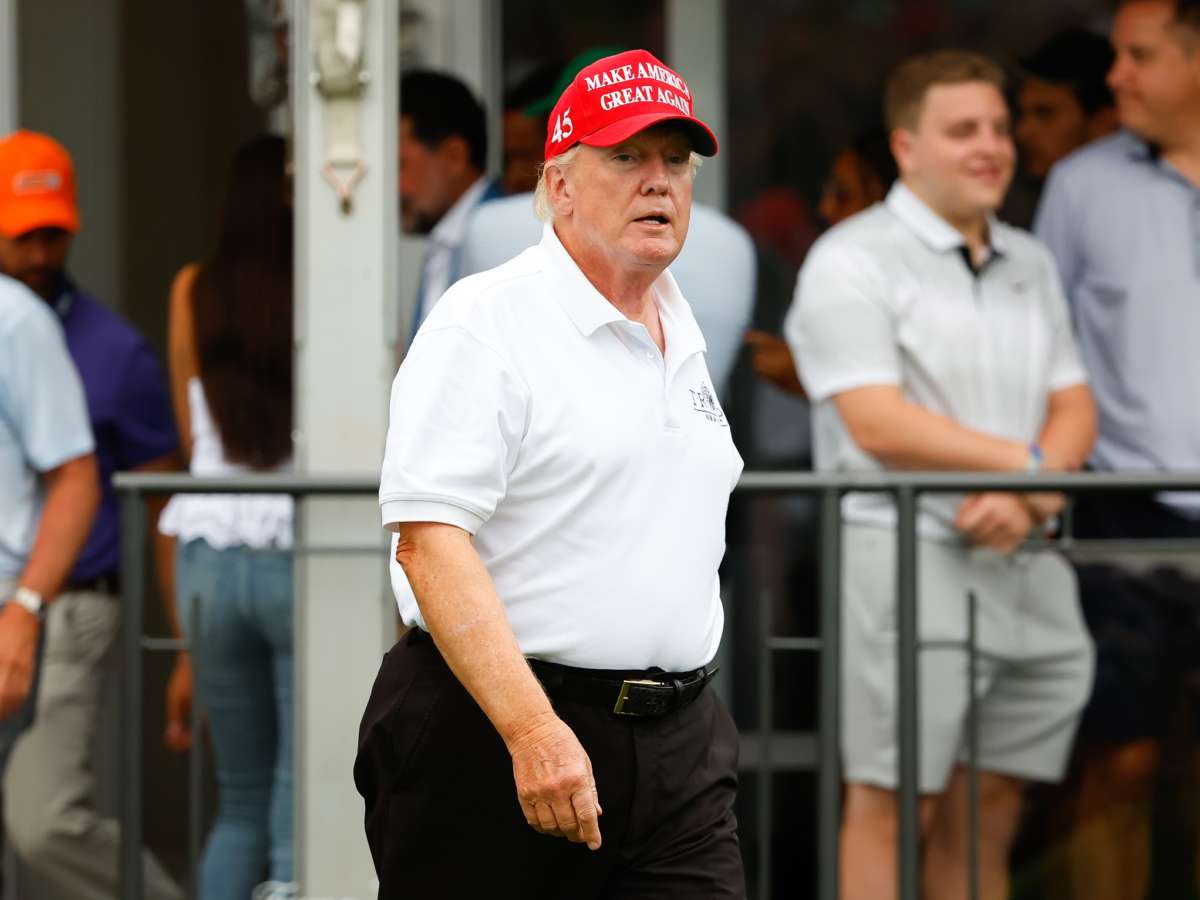Judge Raymond Dearie, the special master assigned to investigate whether or not government documents retrieved from Donald Trump’s Mar-a-Lago property last month are privileged, has ordered Trump’s lawyers to explain whether they believe the FBI “planted” evidence during their search of the estate.
Dearie’s demand was part of a broader order in which he instructed Trump’s lawyers to examine an 11-page inventory of items removed from Mar-a-Lago and indicate which items are privileged or personal property of Trump’s by September 30.
Since the search of Trump’s property in Palm Beach, Florida, the former president and his allies have repeatedly insinuated that the FBI may have planted evidence in order to incriminate him.
“Everyone was asked to leave the premises,” Trump said in a Truth Social post two days after the search. “They wanted to be alone without any witnesses to see what they were doing, taking or, hopefully not, ‘planting.’”
In an interview with Fox News’s Sean Hannity this week, Trump continued to suggest that the documents found at Mar-a-Lago may have been planted, but didn’t provide evidence to back up his claims.
Although Trump’s lawyers haven’t argued that the documents were planted in a courtroom setting, Dearie’s order sought to dispel any misconceptions on the matter.
“No later than September 30, 2022, Plaintiff [Trump] shall submit a declaration or affidavit that…list[s] any specific items set forth in the Detailed Property Inventory that Plaintiff asserts were not seized from the Premises on August 8, 2022,” part of the order reads.
“This submission shall be Plaintiff’s final opportunity to raise any factual dispute as to the completeness and accuracy of the Detailed Property Inventory,” Dearie wrote, adding that, for any document Trump’s legal team “designates as privileged and/or personal,” they must “include a brief statement explaining the basis for the designation.”
This is the second time since Dearie was appointed special master — at the recommendation of Trump’s lawyers — that he has issued an order that was less than ideal for the former president’s legal team.
During his first hearing on Tuesday, Dearie pressed Trump’s lawyers to explain why they believed that any of the 100 classified documents that were retrieved from Mar-a-Lago could possibly be viewed as declassified, as Trump has publicly claimed numerous times. Although his lawyers haven’t made the same assertions, they have tried to suggest that the Department of Justice (DOJ) shouldn’t automatically view the documents as classified.
After Trump’s lawyers refused to elaborate on their arguments, Dearie told them that he would side with the DOJ in viewing the documents as classified unless they submitted evidence proving otherwise.
Dearie’s first few actions since becoming special master have been widely praised by legal experts, who noted that previous rulings by Trump-appointed Florida federal Judge Aileen Cannon granted the former president tremendous leeway. Experts say that the special master is holding Trump and his legal counsel accountable — not only for what they’ve asserted in the courtroom, but also for how they’ve tried to influence the court of public opinion.
“The power of our courts is they have a way of bringing out truth,” said former federal prosecutor Elie Honig on CNN Thursday. “Perhaps a person can get away with fudging the truth in their public statements, in the media, in their private life, in their business. But when you step into a court, ultimately, the judge or the jury will say, fine, that’s your allegation, now prove it.”
“Judge Raymond Dearie is trumping Team Trump at every turn,” said Glenn Kirschner, another former federal prosecutor, on Twitter. “It wouldn’t surprise me if they withdrew their request for a special master, because they are damaging their own ability to defend Trump in future prosecutions.”
“Team Trump is really not very good at this lawyering stuff,” Kirschner added.
“Judge Dearie and 11th Circuit have put Mar-a-Lago case back on track,” said Barb McQuade, a former U.S. attorney and University of Michigan law professor.


